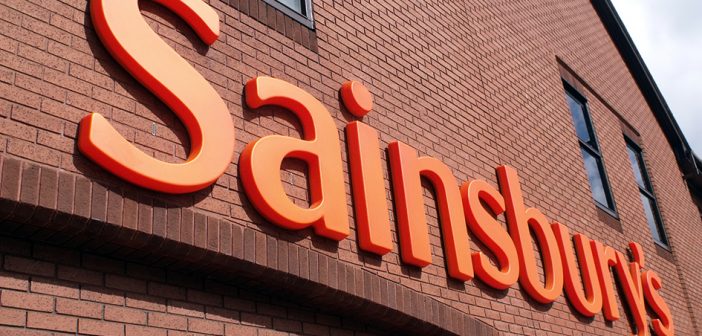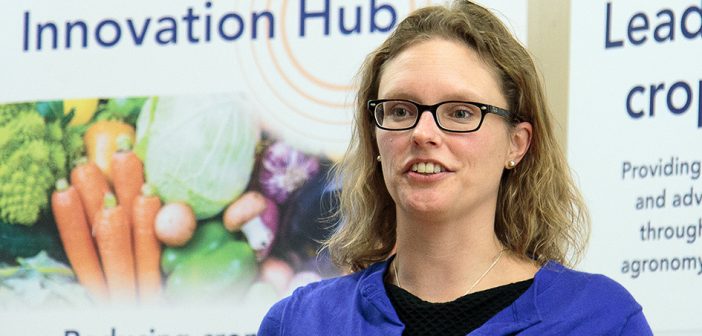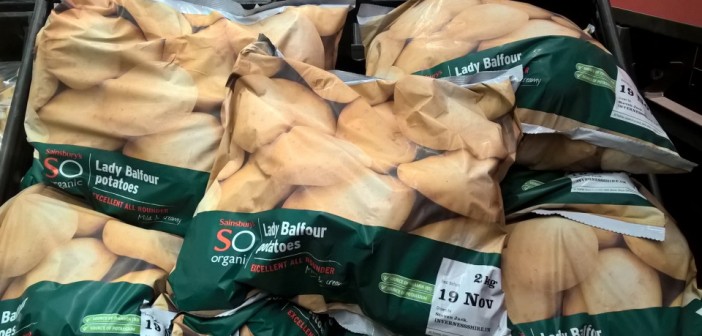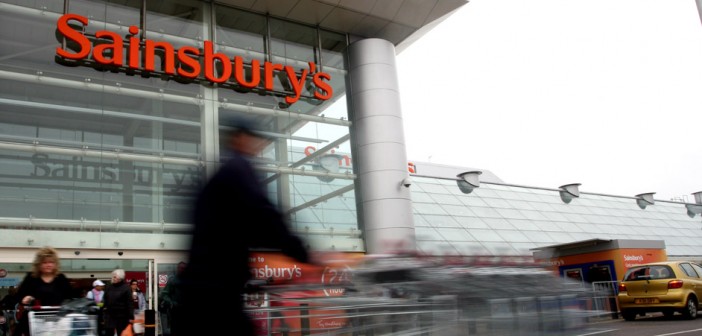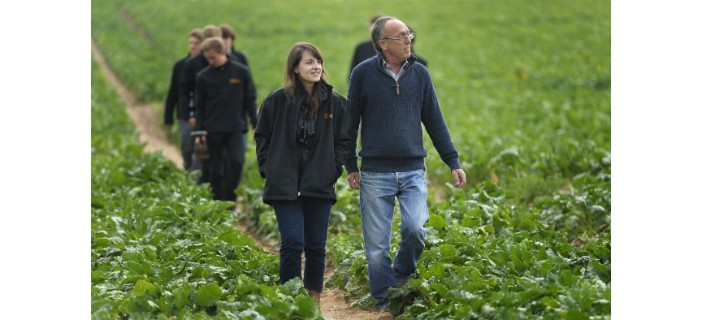Sainsbury’s and Asda have lodged an application with the Competition Appeal Tribunal for a Judicial Review of the Competition and Markets Authority (CMA) Phase Two investigation into their proposed merger.
The application seeks to review the timetable for the CMA’s investigation after the regulator refused the two supermarkets longer to respond to evidence about their proposed £7.3 billion merger.
In a statement J Sainsbury plc said, ‘The current timetable does not give the Parties or the CMA sufficient time to provide and consider all the evidence given the unprecedented scale and complexity of the case. Both Parties have engaged constructively with the CMA to date and have made repeated requests for additional time. Specifically, we have asked the CMA for an additional 11 working days over the Christmas period to respond to a large amount of material recently provided to us.’
Sainsbury’s shares fell by up to 5.5 per cent on the news according to Reuters.
In response to the original request for an additional 11 days to respond over the Christmas period, the CMA granting an extension would put its ability to complete the investigation by the required deadline “at very serious risk”. It added, “As with all of our merger reviews, we construct our timetable to ensure that everyone has the chance to have their say, including customers, the companies involved and suppliers.”
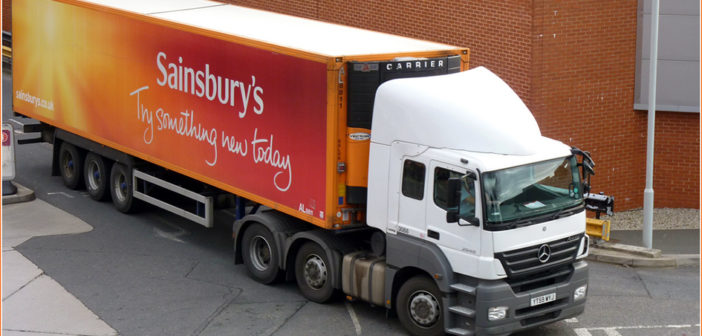
Photo Credit: Wikimedia
he post Sainsbury’s and Asda call for more time from regulator appeared first on Hort News.
